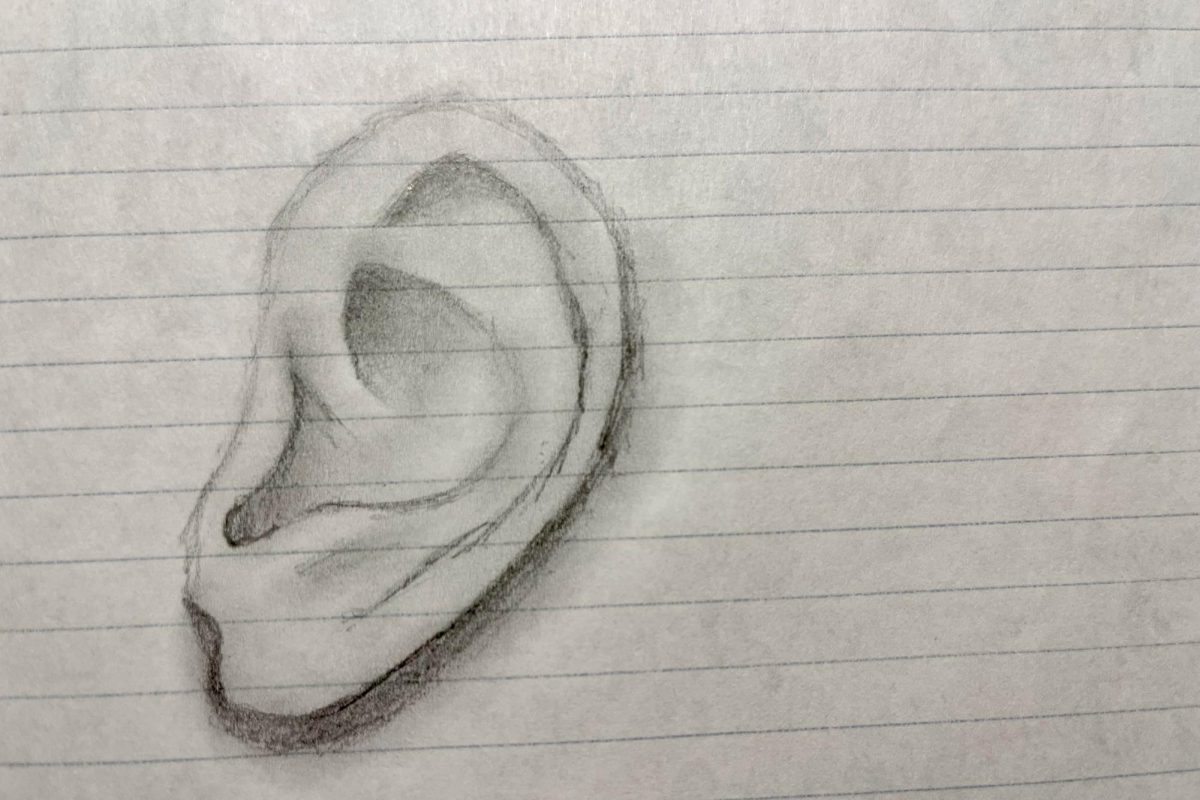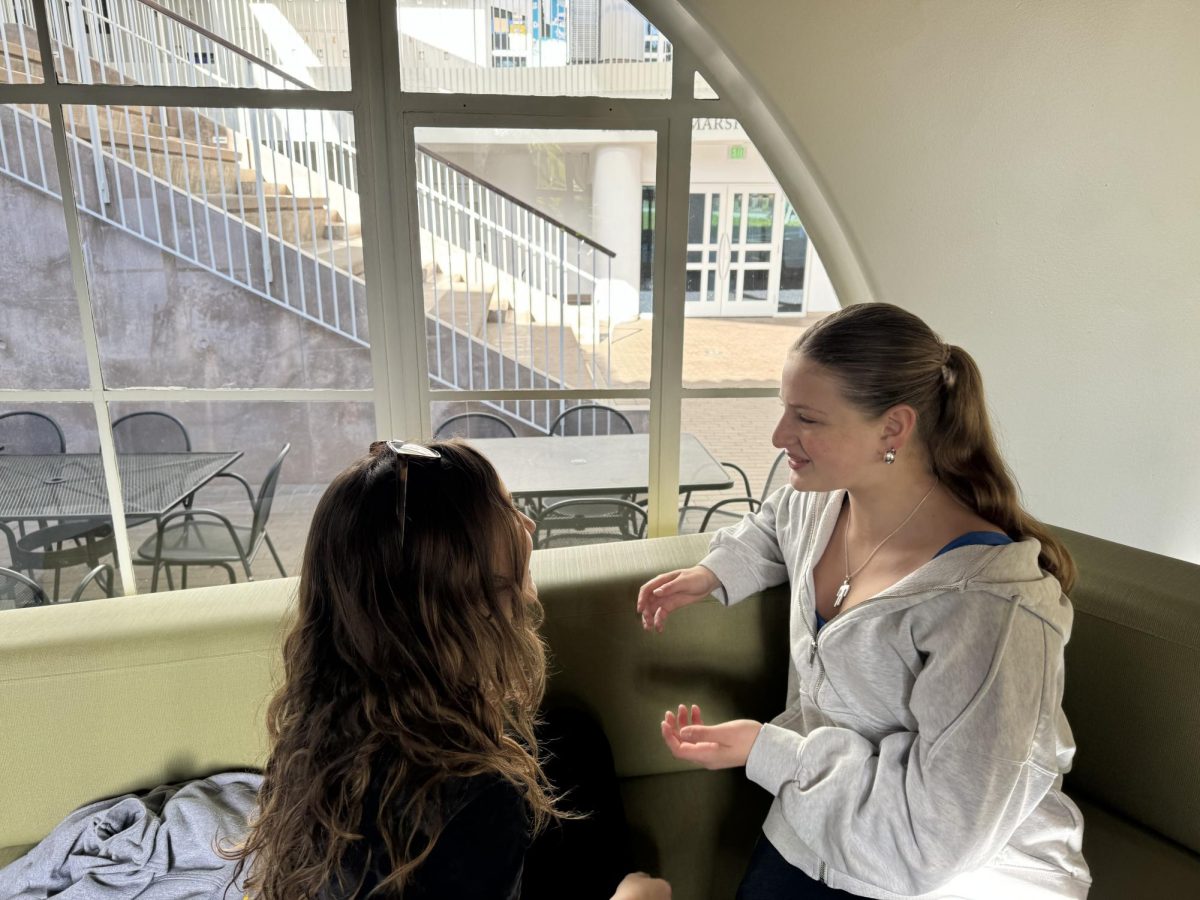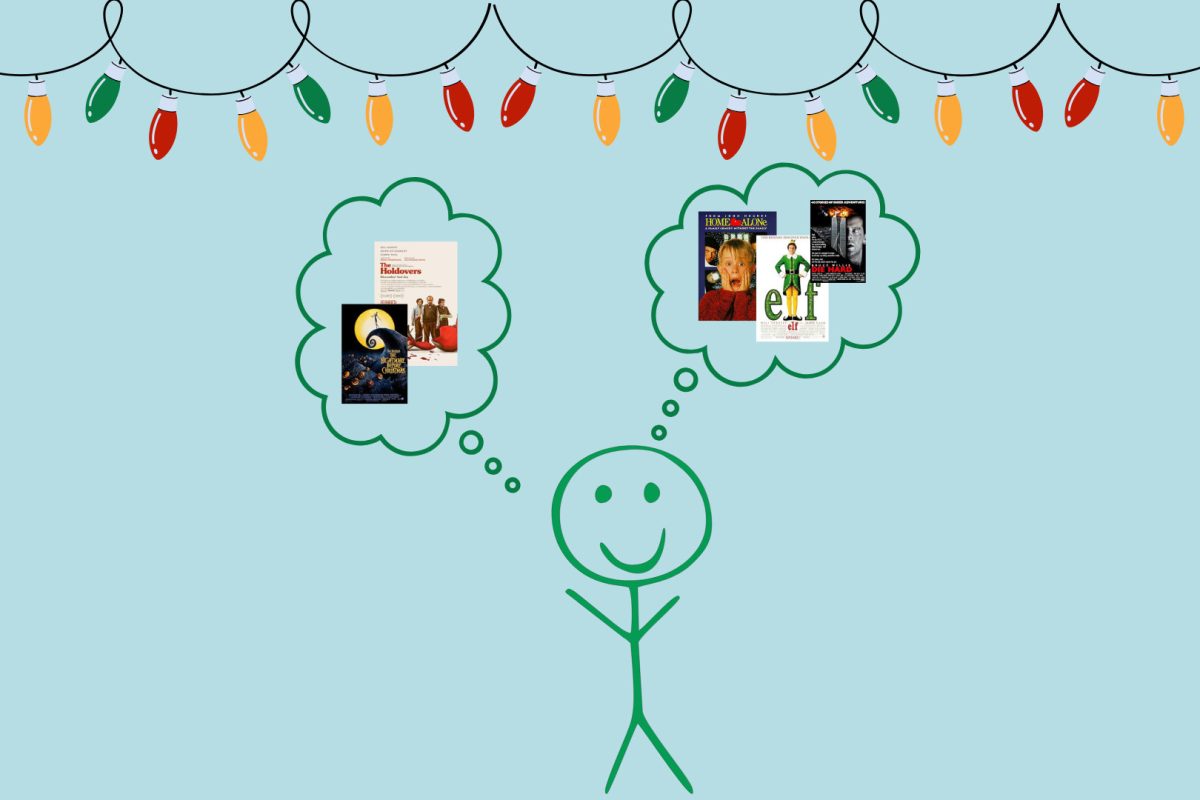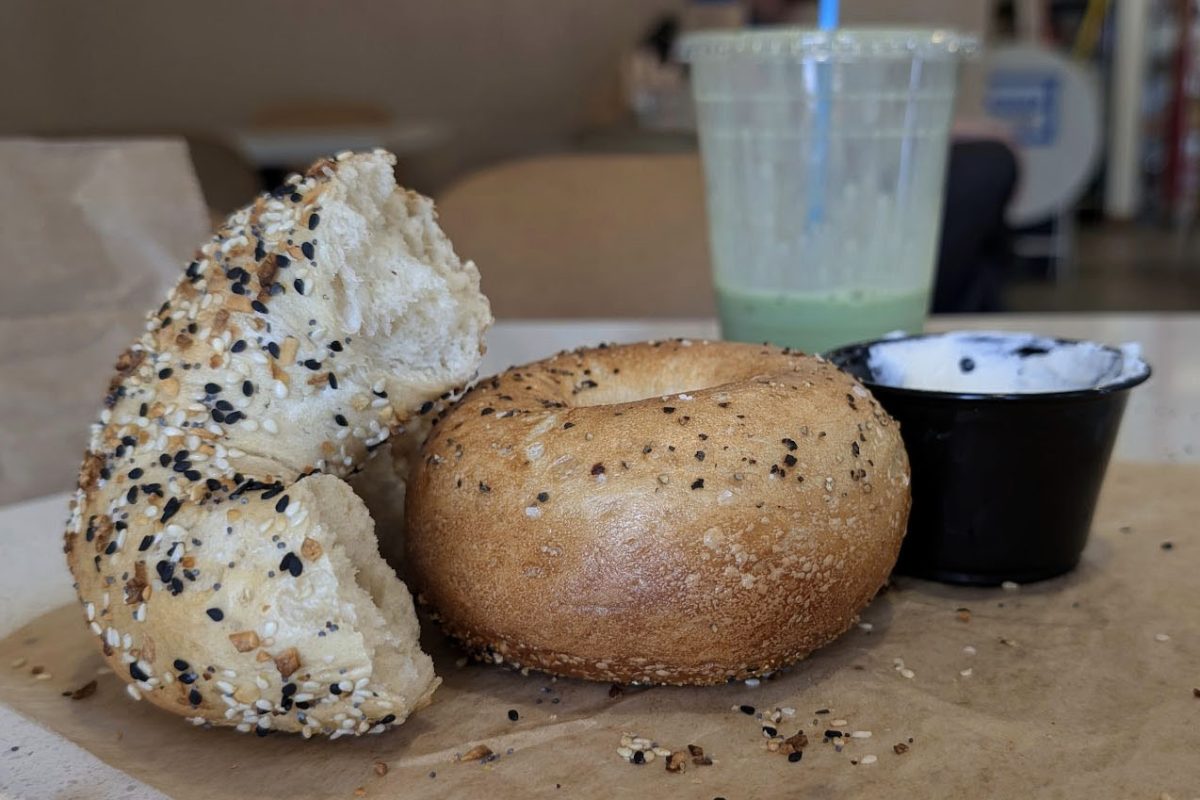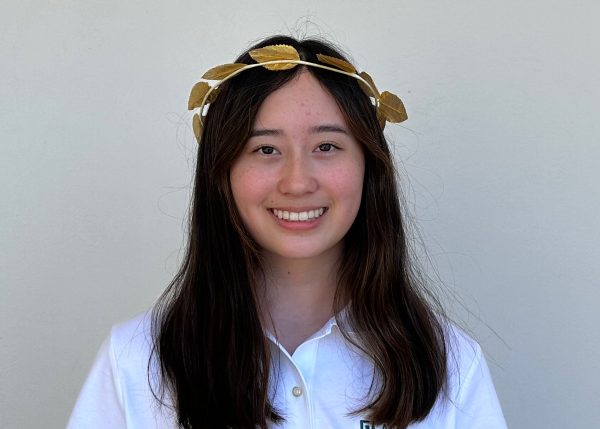“I’m here for you,” I tell her, taking a deep breath as I press the earpiece of the phone into my right ear.
Silence. A quiet sniffle. I listen intently, hearing mostly static as she readjusts the phone against her ear.
“No one has ever said that to me before,” she replies, her tone softening.
As I drove south on the 405 freeway later that night, I could not help but feel deeply saddened by the caller’s words. Yet, at the same time, this simple exchange opened my eyes to the power of compassionate listening, as did all my other experiences at Teen Line. I have been a volunteer for this teen-to-teen crisis hotline since the summer of 2022.
Little did I realize her words would linger with me well after I hung up the phone; in fact, with time, they have prompted me to question what was so powerful about our interaction.
This caller made me realize how many people in our society don’t have a single person who is “there” for them. While on the surface, these words may seem basic and cliché, I’ve come to realize that when spoken from a place of authenticity and deep caring, the words, “I’m here for you,” are among the most impactful one can hear from another.
In our daily lives, listening is something we’ve come to take for granted. Sometimes, we are not truly listening to others because we are not fully present. One might assume they are listening just because they are not speaking; however, between our busy lives and constant email notifications, there is a good chance they are not.
We are all familiar with the many benefits of therapy, crisis hotlines and other commonly-known tools we can use to manage our feelings and mental health. We also understand that trained experts do indeed have extensive experience and education we can all benefit from.
I strongly believe in the value of resources such as mental health hotlines and therapy — after all, I continue to spend many weekends volunteering as a Listener for Teen Line. Teen Line Listeners are high school students from Los Angeles, California, who answer calls, texts and emails from struggling youth around the world. We receive more than 100 hours of training from mental health professionals prior to taking our first call.
As a society, we have forgotten about the power every single one of us holds: the power to ameliorate the suffering of another human being by simply listening. Both therapy and hotlines are founded on this skill, so we should use them as a lesson on how to best support people in our own lives who may be struggling. Therapy can be expensive, so it is empowering to know that there is something you can do to help another person feel heard and supported.
As you may know, the rates of depression in the U.S. have dramatically increased in recent years, especially for teens and young adults. Furthermore, a 2023 survey by the Center for Disease Control revealed that in 2021, 57% of high school girls reported feeling “persistent feelings of sadness or hopelessness in the past year,” a notable increase from 2011.
While, of course, there can be many factors that influence to depression, it’s almost certain that loneliness and isolation are significant contributors. Having to quarantine during of the COVID-19 pandemic also worsened this issue.
In fact, in May 2023, Surgeon General Dr. Vivek Murthy issued an advisory warning of what he calls “the epidemic of loneliness.” Highlighting the lack of appreciation for this public health crisis, Murthy asserts that our relationships are “a source of healing and well-being hiding in plain sight.” If anything, Murthy argues, we should prioritize the loneliness epidemic the same way we prioritize other public health issues such as obesity and substance use disorders. I agree.
So, what can each one of us do to help ourselves and others feel heard?
We can be mindful that even in the seemingly insignificant interactions of our day, we have the power to slow down and listen. We can listen to understand, rather than to respond with judgment of our own. This can be with classmates, family members or even strangers.
If we collectively practice this skill, we can reduce the number of people in our communities who feel lonely and invisible. With each interaction, maybe the loneliness epidemic can be gradually healed. In your next conversation with a friend or family member, try asking them how they are really doing in addition to thinking of a response back.
I want to leave you all with one of my favorite quotes by Thich Nhat Hanh:
“Deep listening is the kind of listening that can help relieve the suffering of another person. You can call it compassionate listening. You listen with only one purpose: to help him or her to empty his heart.”
With that, I invite all of us to remember that listening communicates clearly — it says, “I care.”



